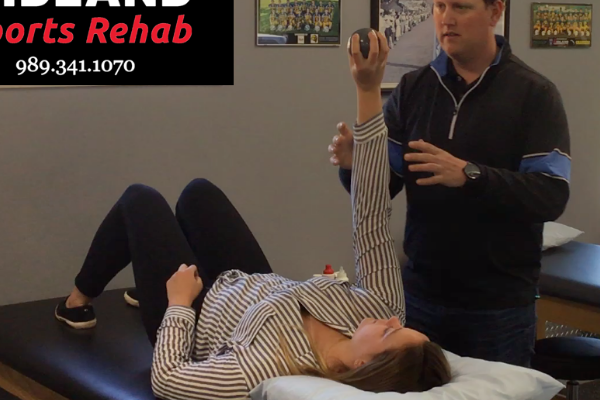Health Blog Category: Arthritis Relief
Staying Active With Arthritis (Without Causing Joint Pain)

Arthritis is a very common condition characterized by joint pain, stiffness, and inflammation. In fact, 1 in 5 Americans has arthritis, making it one of the leading causes of disability in the United States. Although it’s a painful and widespread condition, there are safe, natural, and effective ways to manage symptoms, reduce flare-ups, and improve daily function. Keep reading to learn about home remedies and professional treatments that may help you or someone you love find relief.
Read full blogDeep Tissue Massage: What It Is and Why It’s Worth Considering

When it comes to massage therapy, not all massages are created equal. Deep tissue massage stands out as a highly effective treatment for addressing chronic pain, muscle tension, and stress. Unlike traditional spa massages, which are often focused on relaxation, deep tissue massage goes beyond the surface to target the deeper layers of muscles and connective tissues. In this blog, we’ll explore what this type of massage is, its benefits, and why it might be the right choice for you.
Read full blogThe Benefits of Assisted Stretching for Flexibility, Recovery, and Pain Relief

Assisted stretching is a new and upcoming service gaining popularity among people of all ages and fitness levels. The best part is, EVERYONE can benefit from assisted stretching! Whether you are an athlete looking to improve performance, or someone seeking relief from tight muscles and pain, our professional assisted stretching sessions can help! Read this blog to learn more about assisted stretching, benefits, and who gets the most out of this service!
Read full blogUnlocking the Benefits of Regular Massage Sessions: Relax, Recover, and Rejuvenate

Life can be very stressful! Whether you are stressed from work, your social life, or a big test coming up…your body absorbs this stress and takes the brunt of it. This is where massage therapy comes in. Massage therapy is a powerful tool for enhancing overall health, and it is NOT just a luxury reserved for pampering. In addition to health, massage sessions also promotes relaxation and aides in recovery. Learn why you should book REGULAR massage sessions at Midland Sports Rehab and Freeland Sports Rehab!
Read full blogDiving Deep: Deep Tissue Massage

n today’s fast-paced world, stress and tension have become an inseparable part of our lives. From hectic work schedules to demanding personal commitments, the pressures we face can take a toll on both our physical and mental well-being. Fortunately, there’s a soothing remedy that penetrates deep into our muscles, providing relief and rejuvenation: deep tissue massage therapy.
Read full blogDo You Have Any Of These 3 Types of Arthritis? Try Physical Therapy

Relieve Your Pain Without Harmful Medications!
Arthritis is a common term used to describe over 100 different forms of joint pain and disease. Many people believe that arthritis affects only the aged, but this is far from reality.
According to Healthline, “the symptoms of arthritis usually develop over time, but they may also appear suddenly. Arthritis is most commonly seen in adults over the age of 65, but it can also develop in children, teens, and younger adults.
Read full blog

